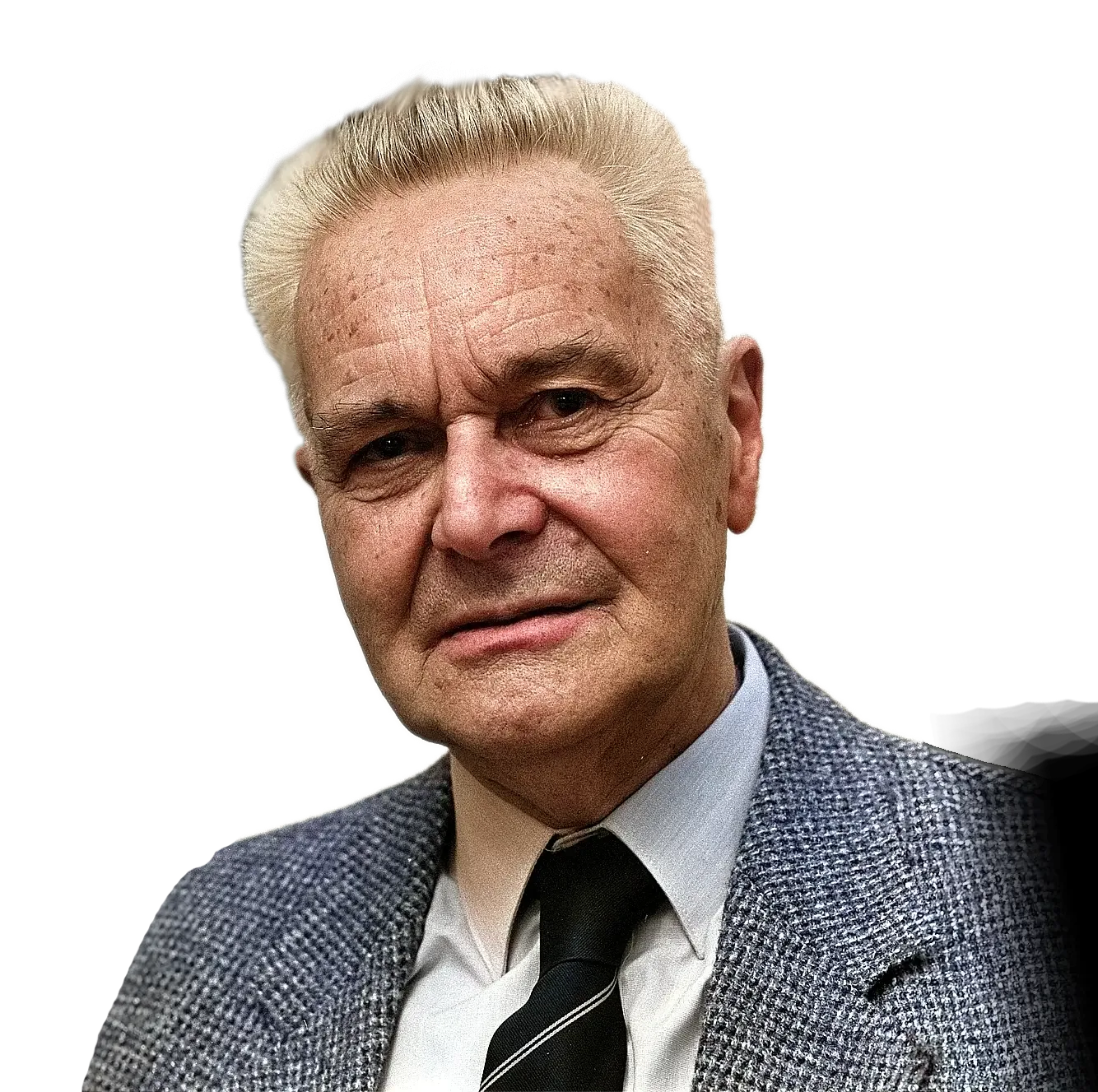Jan Tinbergen was an inspired socialist who dreamed of applying his knowledge for society. He was deeply affected by the worsening economic situation of the late 1920s and the accompanying levels of poverty.
Tinbergen adhered to the ideal of a ‘makeable society’. His goal was to use his knowledge of physics to construct economic models that would allow people to make predictions. If he were successful in this endeavour, it would be possible to effectively counteract economic downfall or the threat of such downfall. Economic collapse, with its terrible consequences for the poor, could then be prevented.
To this end, in his 1929 PhD dissertation he transferred concepts and calculation methods from physics to economics. His concern was to find an explanation for the fact that economy tends to be cyclical. In other words, he wanted to explain why the same events seem to be repeated every few years in the economy.
Professor
The famous English economist Keynes, founder of the anticyclical fiscal policy that some still adhere to, did not think much of Tinbergen’s work. He let his opinion be known in biting tones, but Tinbergen reacted calmly and politely. He argued that Keynes did not understand his models. In 1933, Tinbergen was appointed Professor at the Netherlands Business School in Rotterdam, now part of Erasmus University.
Tinbergen’s approach to economics also found its way into education. He was the instigator of an entirely new field of study, econometrics, in which scientists look at the economy from a mathematical perspective. This led to an econometrics programme being founded in Rotterdam in 1956.
Tinbergen norm
Jan Tinbergen also gained fame with what later came to be known as the ‘Tinbergen norm’. According to him, the difference between the lowest and the highest salary within a company should never exceed a factor of 5. This norm is, however, widely disregarded nowadays.
Personally, Tinbergen led a very sober life. In the last years of his active career, he returned to the city where it all began: from 1973 until his retirement in 1975 Jan Tinbergen was Professor of International Collaboration in Leiden.
Nobel Prize
For his pioneering work, in 1969 Tinbergen was awarded the first Nobel Prize in Economics, together with Norwegian economist Ragnar Frisch. He died in 1994, aged 91, in his hometown of The Hague.
Tinbergen’s name lives on in the Tinbergen Institute, the joint institute for economics, econometrics and financial research of the University of Amsterdam, the VU University Amsterdam and Erasmus University Rotterdam. The Institute was founded in 1987, while Tinbergen was still alive.

